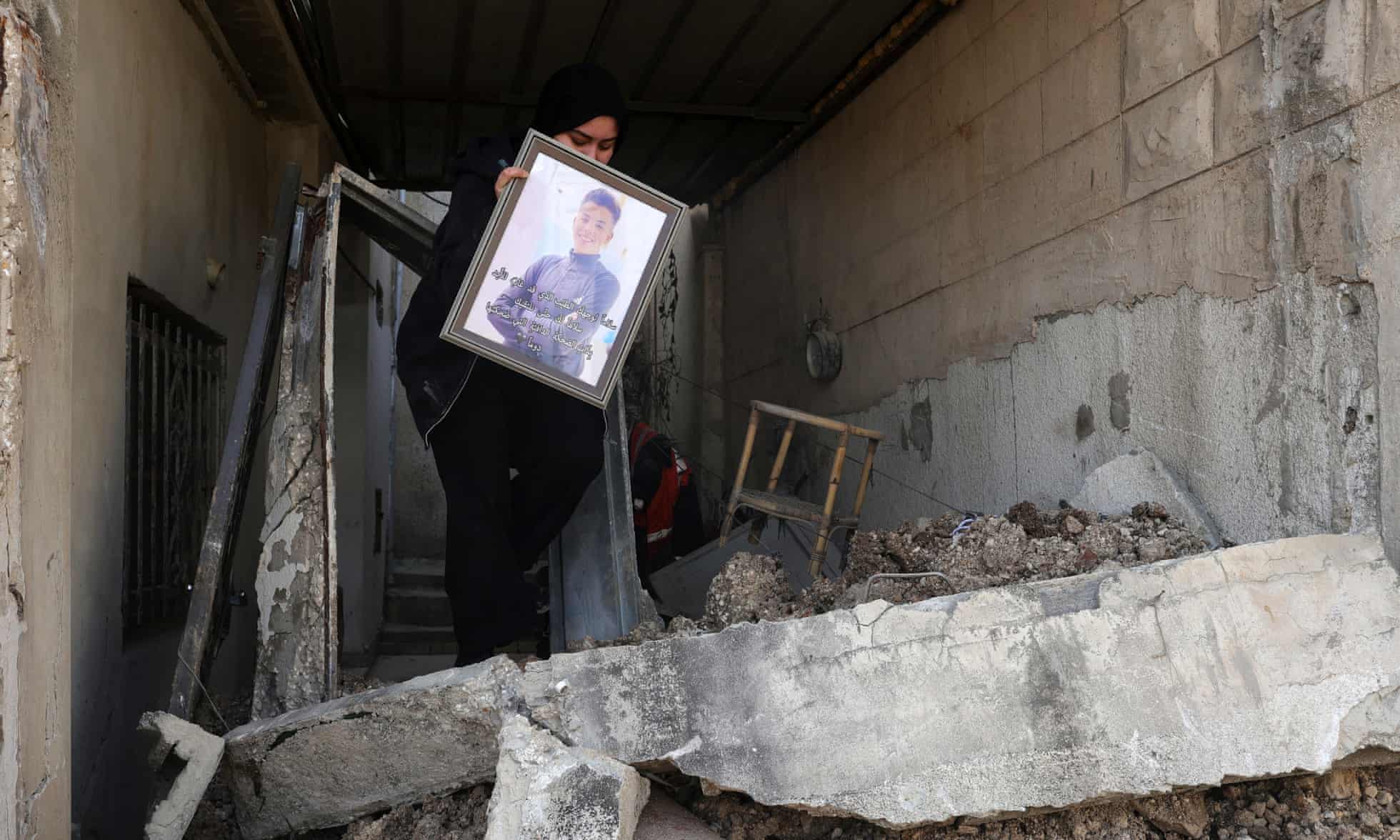The real problem with the Bush years is not so much what he did but that America's political class enabled him to do it
Under George Bush the US has tortured, disenfranchised, lied, spied and, on more than one occasion, flouted its own constitution. Those who would not go along were fired or demoted. Those rulings it could not garner support for it simply classified or hid. Those inquiries it could not prevent it thwarted. When Major General Antonio Taguba tried to pursue his investigation of Abu Ghraib up the chain of command he was stopped. "I was legally prevented from further investigation into higher authority," he told the New Yorker.
Its violation of international law is ultimately a matter for the international community. But its violation of American laws is a matter for the American public. However, it is now clear that the political consequences of these transgressions will range from negligible to non-existent. The Bush administration should be led away in handcuffs - either indicted or impeached. Instead it is about to leave the scene of the crime in broad daylight while those tasked to police this democracy - notably politicians and the press - blind themselves with confetti.
Such are the lasting consequences of Bush's crooked tenure. Casting him as inept and unethical is not difficult. He is the most unpopular president for six decades. Some have been loathed more - but none by so many for so long. But understanding how he managed to do it demands a wider lens.
For he could not do it alone. The US is not an elected dictatorship. The president is supposed to stand at the helm of a system of checks and balances. The reason there was no balance was because there were no checks. The real problem with the Bush years is not so much that he did what he did, but that he managed to gain the consent of America's political class in enabling him to do it. His political estrangement is not because he tried, only because he failed.





 Amid the immense confusion surrounding the US strikes on Venezuela, the seizure of the president, Nicolás...
Amid the immense confusion surrounding the US strikes on Venezuela, the seizure of the president, Nicolás... On Monday, August 6, 1945, after six months of intense firebombing of 67 other Japanese cities,...
On Monday, August 6, 1945, after six months of intense firebombing of 67 other Japanese cities,... Later this month, on the holiday of Purim, Jewish people will dress in silly costumes, eat...
Later this month, on the holiday of Purim, Jewish people will dress in silly costumes, eat...






























